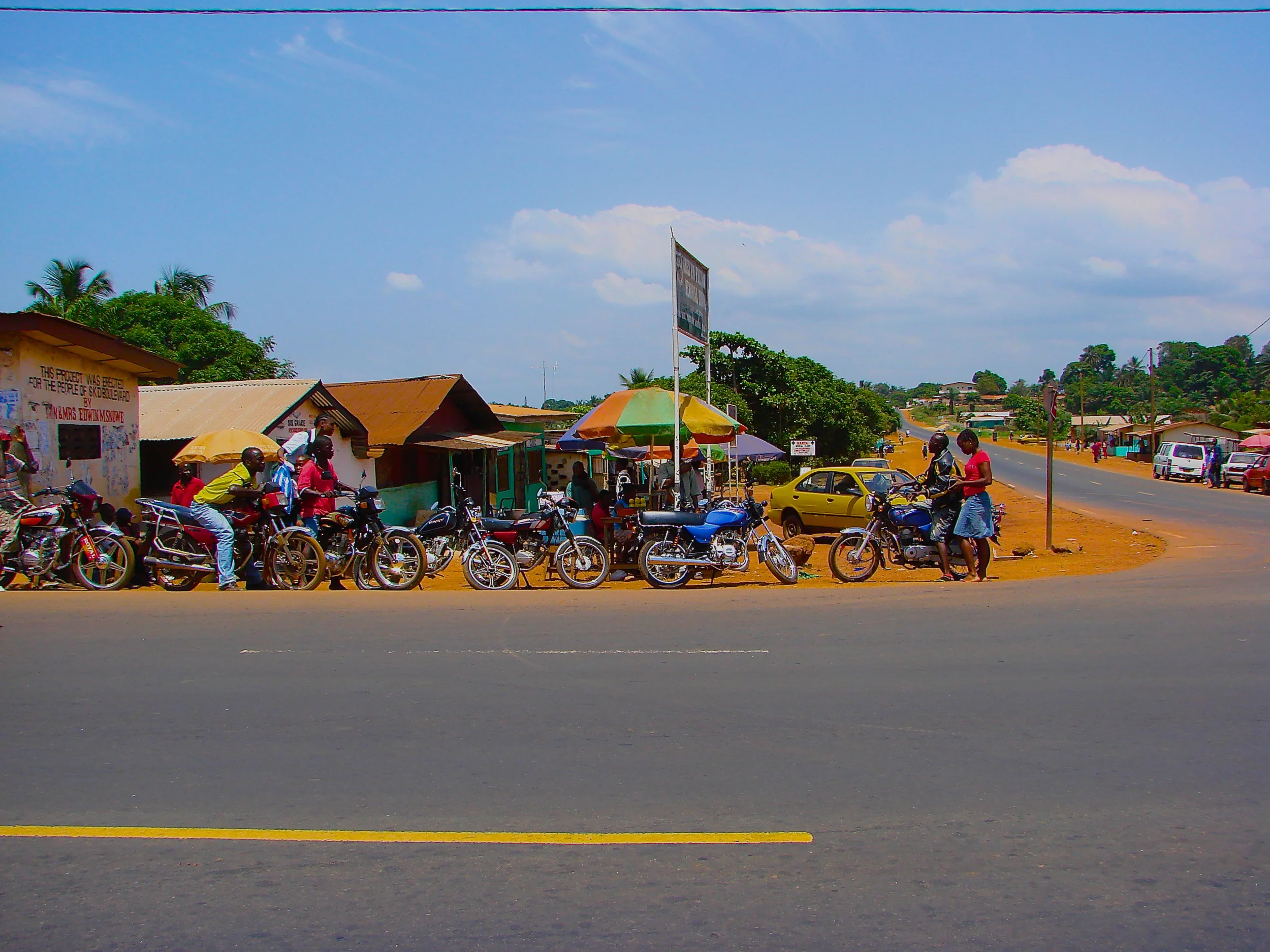The Crisis of the American Criminal Justice System is Bad News for Everyone
/Written by Richard Branson and Van Jones, exclusively for the A3A criminal justice blog series.
From the perspective of philanthropic institutions and individuals, criminal justice is not a distant problem that primarily concerns governments. The failures of the criminal justice system, from mass incarceration to egregious racial inequalities, have had such profound corrosive impacts that they can no longer be ignored.
With 2.3 million people in the US prison system, 7 million on parole or probation, and 1 in 3 African-American men expected to go to prison at some point in their lifetime, we are facing a crisis of dramatic proportions. The system is so fundamentally broken that its very capacity to deliver justice has to be called into question. Equality before the law, the right to a fair trial and due process are frequently and often quite deliberately violated, tipping the scales to a point that conviction or acquittal are no longer a question of guilt or innocence, but rather a matter of socio-economic status and race. If you can’t pay for a good defence, the odds are stacked against you. If you are black or Hispanic and can’t pay for your defence, you are screwed.
It’s an unacceptable status quo that also weakens America’s moral authority abroad. Indefinite solitary confinement, life without parole for minors and the fact that one in nine death row inmates will eventually be exonerated do not exactly strengthen our negotiating position when trying to stand up for human rights elsewhere.
Beyond the staggering facts, the broader consequences are quite clear: this crisis threatens to roll back and undo years, if not decades, of social progress, much of which was accomplished with passionate support from the philanthropic community. Public health goals are undermined by everything from stress related-illnesses to high HIV transmission rates within prisons. Family formation is interrupted; children lose contact with incarcerated parents. Economic development is undercut when large numbers of African-Americans have felony convictions that lock them out of the job market. No question, if the legacies of the civil rights movement, of the fight for equality and of the war against poverty are to endure, we are all called upon to join forces and help restore justice, dignity, fairness and equality – the bedrock principles of healthy, equitable and prosperous societies.
To be frank, this is a momentous challenge many philanthropic organisations have to come to terms with as they seek to find their own role in the 21st century. Much of philanthropy still prefers to treat symptoms, rather than pushing for systemic change. It’s time to shift our priorities.
How can this be done? First of all, reform needs champions and resources. Modern philanthropy should be prepared to provide both.
Part of the exercise is to listen to the voices of the criminal justice reform movement. The wider public, as well as mainstream media, are only slowly beginning to understand the extent of the problem. As advocates, champions and thought leaders, philanthropies can help amplify awareness of the causal relationships between a broken system and its devastating impacts. There is enormous room for positive and meaningful programmatic work to highlight best practices, vocally support reform efforts and grassroots initiatives.
The good news is that change is happening. Ballot initiatives and legislative proposals seek to undo years of injustice. Unlikely alliances are forming across party lines and ideological positions, recognizing that the human and economic cost of these continued injustices, estimated as in excess of $80 billion a year, is not just unsustainable, but also deeply un-American
While the window for change is open -- with so much at stake for so many -- philanthropy needs to continue working open doors of opportunity, while doing everything possible to close prison doors. Both are necessary.
Since starting youth culture magazine “Student” at aged 16, Richard Branson has found entrepreneurial ways to drive positive change in the world. In 2004 he established Virgin Unite, the non-profit foundation of the Virgin Group, which unites people and entrepreneurial ideas to create opportunities for a better world. Most of his time is spent building businesses that will make a positive difference in the world and working with Virgin Unite and organisations it has incubated (The Elders, The Carbon War Room, The B Team, Ocean Unite and Branson Centre of Entrepreneurship). He also serves on the Global Commission on Drug Policy and supports ocean conservation with the Ocean Elders. Connect: @virginunite | @richardbranson | virgin.com/unite
Van Jones is a CNN political commentator, regularly appearing across the network’s programming and special political coverage. Jones is a Yale-educated attorney. He is the author of two New York Times best-selling books, The Green Collar Economy (2008) and Rebuild the Dream (2012). The second book chronicles his journey as an environmental and human rights activist to becoming a White House policy advisor. He was the main advocate for the Green Jobs Act. Signed into law by George W. Bush in 2007, the Green Jobs Act was the first piece of federal legislation to codify the term “green jobs.” During the Obama Administration, the legislation has resulted in $500 million in national funding for green jobs training. Van is founder of Dream Corps, Rebuild The Dream, Green For All, the Ella Baker Center for Human Rights and Color of Change. Connect: @Cut_50 | @VanJones68 | www.cut50.org










